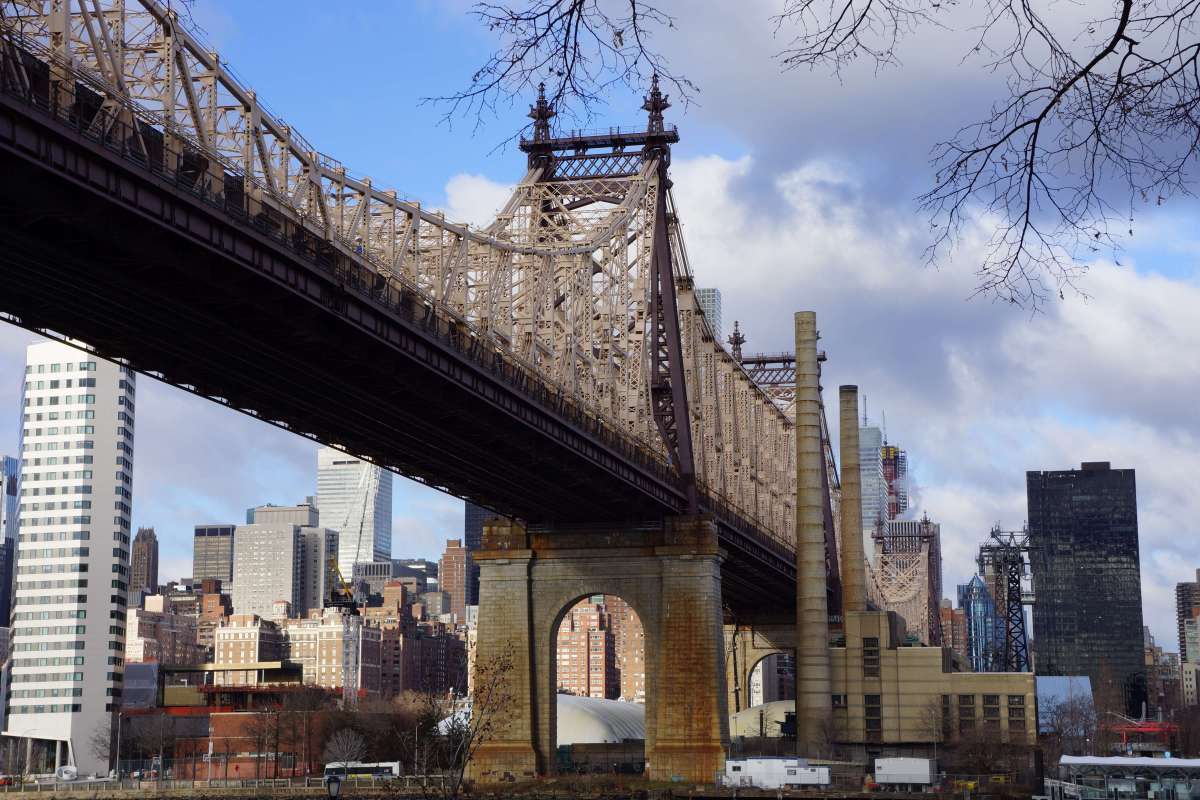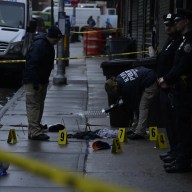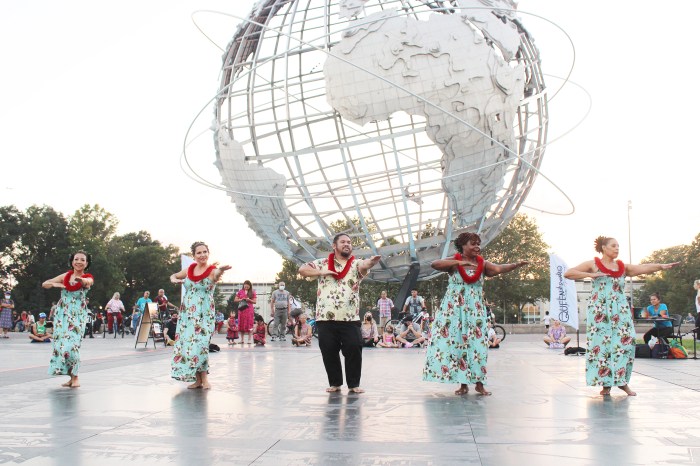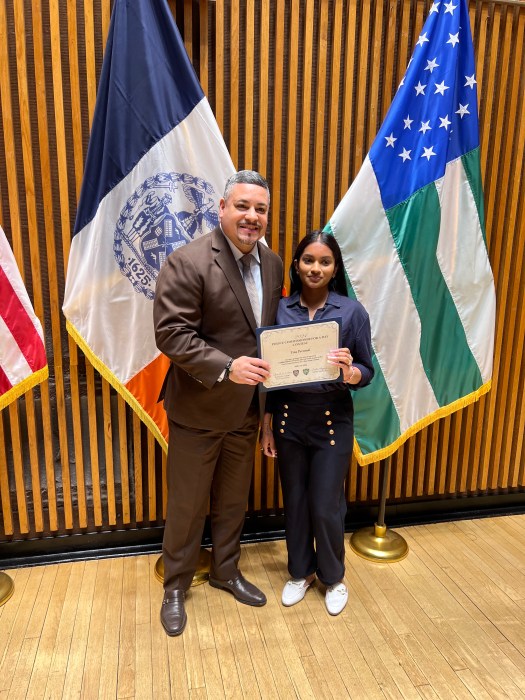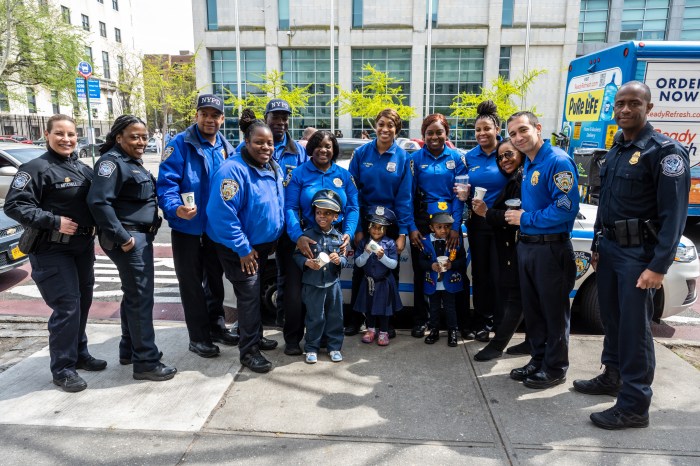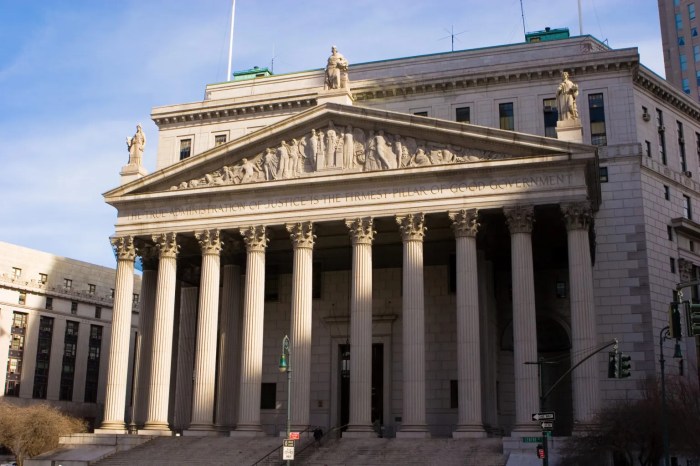Claiming the MTA’s misfortune goes back “decades,” Governor Andrew Cuomo announced new amendments to the 2020 executive budget to keep better tallies on how the agency spends its money among other items.
Cuomo plans to set up an expert panel to not only provide spending oversight, but also set congestion pricing rates, reform the MTA board and overhaul the agency’s “archaic” bureaucracy.
“The MTA’s dysfunction is no secret, and for decades it has been suffering due to a lack of investment, accountability and creative thinking,” Cuomo said. “Today we are adding specific measures to the Executive Budget that will continue our efforts at achieving real reforms. The MTA desperately needs money, but it also needs a structure that is rooted in accountability and new ideas that will ensure the agency is finally operating as it should be and as New Yorkers demand.”
The proposed MTA oversight committee would be comprised of six individuals with backgrounds in auditing, corporate restructuring and risk management, among other things. A restructuring plan would be required under a different amendment.
Another of the amendments would establish a pricing structure for the different vehicles entering Manhattan at different times and the funds levied from those tolls would go into a lockbox.
Makor capital projects would incorporate the design and construction stages of a build effort into a single contract, which Cuomo claimed would cut back on bureaucracy.
Riders Alliance spokesman Danny Pearlstein said that, while he agreed the MTA has been subject to a generation of disinvestment, it is still incumbent upon sitting officials to raise funds to address infrastructure issues and only then can reforms be viable.
“The governor needs to focus laser-like on passing congestion pricing,” Pearlstein said. “The governor and the legislature is responsible for funding the MTA, full-stop.”
Pearlstein added that the most important consideration should be that while deliberations been the Cuomo and the legislature take place, riders are “suffering” under delays and service cuts.
At a Feb. 1 press conference, however, state officials gathered at JFK AirTrain concourse of the Jamaica Terminal to call for more clarity on the Cuomo’s congestion pricing proposal, refusing to vote in favor or against the plan without being presented with more details.
“We showed up at the budget hearing this year, fully expecting to hear some details about what this congestion pricing plan would do, how much would people get charged, how much revenue does the MTA actually expect and how much congestion will we be relieved of?” state Senator John Liu said following the Jan. 30 hearing. “I certainly went expecting the MTA just to tell us, I didn’t think we’d have to be there for five hours asking the MTA question after question after question and getting no answers whatsoever.”
Cuomo, however, issued an ultimatum telling the legislature that it had two choices: pass congestion pricing or riders would face a 30 percent toll increase, something which has already been met with intense resistance across the five boroughs in recent months.
“Congestion pricing is the only logical and realistic option to fund the MTA’s capital needs and one person must have the authority to make decisions, hire and fire, and reorganize,” Cuomo said Feb. 7. “Let the Legislature cast their vote on the real choice – congestion pricing or 30% fare and toll increases. It’s A or B, because there is no C. If the public understands the critical choice their elected officials are making, congestion pricing will prevail.”

